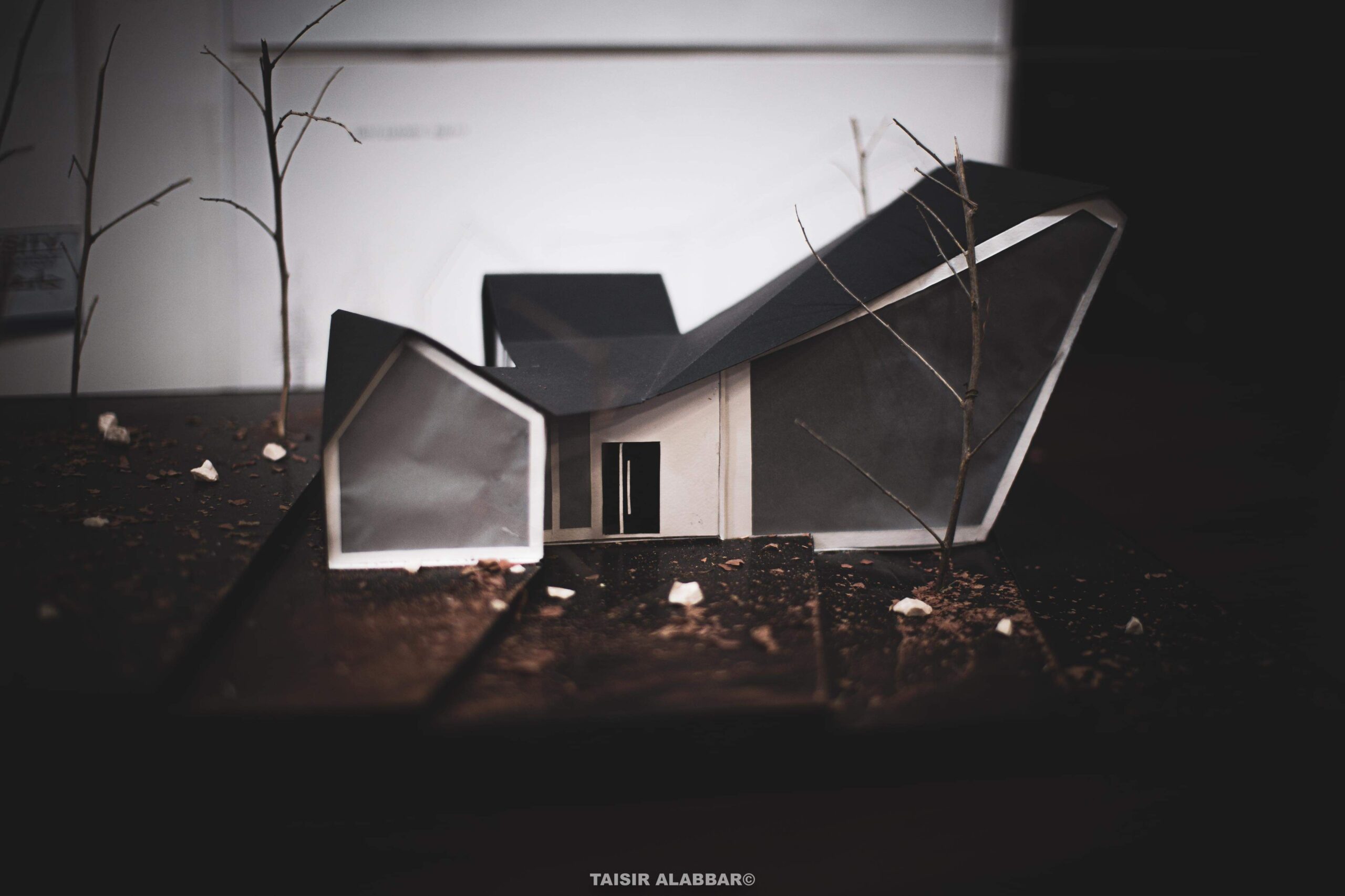Inspired by excellence & innovation
We offer a wide range of high quality teaching and extra-curricular activities.
All students will begin the first year with the same core courses (general year). After the first year students will be given the choice to pursue one of the available majors.
Architectural Design is the only confirmed major at the moment. Building Technology, Interior Design, and Landscape Architecture will depend on teaching staff availability. The university will notify students when these fields are open for admissions.
All Curriculum’s can be subjected to change in regards to courses required and scheduling:
- Architectural Design (5 Years)
- Landscape Design (5 Years)
- Interior Design (4 Years)
- Building Technology (4 Years)

Academic Program Objectives
- Preparing students to take leadership roles in the fields of architecture and urbanism.
- Reconciliation between educational attainment and practical application.
- Understanding the architectural and urban problems that occur in Libyan cities and enabling them to work in order to find solutions.
- Enabling students to realize the importance of balancing the preservation of heritage and achieving the requirements of modernity.
Teaching Methods and Techniques
- Theoretical: Subjects taught related to modern architectural and urban theories as well as history and all related materials and programs supporting it.
- Practical: Highly dependent on workshops to propose solutions and develop proposals architecturaly in terms of building design as well as urbanism and dealing with city standards, their centers and residential neighborhoods, and coordinating with sites and parks.
- Technical: Using computer technologies and advanced programs in the design field ( 2D & 3D ) as well as the use of models to obtain a virtual perspect of design. These methods are important in developing the design process.
Methods of Student Evaluation
- Student commitment to attend and not to be absent from lectures and workshops.
- The student is subject to periodic and final exams for theoretical subjects and to measure their understanding of curriculum.
- Providing research in specialized fields in order to enrich the student’s concept of architecture and urbanism.
- Evaluating architectural projects through students ’regularity in presenting their process, as well as through the strength of their design ideas and their evolution from an initial idea to an integrated architectural form and function, as well as through students’ ability to present projects.
Skills and Capabilities of Program Graduates
- Being able to understand the urban complexities resulting from the unplanned expansion taking place in Libyan cities and to address and remedy all urban and architectural distortions, as well as the ability to deal with this expansion according to planning policies and architectural solutions that take into account societal requirements.
- Ability to consider local architectural and urban heritage and being able to critically analyze the problems at hand.
- Respecting the customs and traditions of the Libyan society and taking them into consideration when carrying out the architectural designs of individuals for this community.
- Looking at urbanism and similar specializations such as architecture and planning, site coordination and building technologies comprehensively.
- Being able to keep pace with the rapid and continuous development of architectural theories and urban directions in the world and applying appropriately to Libyan cities according to special societal standards.
Methods of Program Evaluation
- Using international standards for curriculum teaching and measuring the success of the program in achieving the required academic level.
- Periodic comparisons of the program with its counterparts from programs offered by leading universities in this field.
- Participate in international competitions for universities and measure the results obtained.


